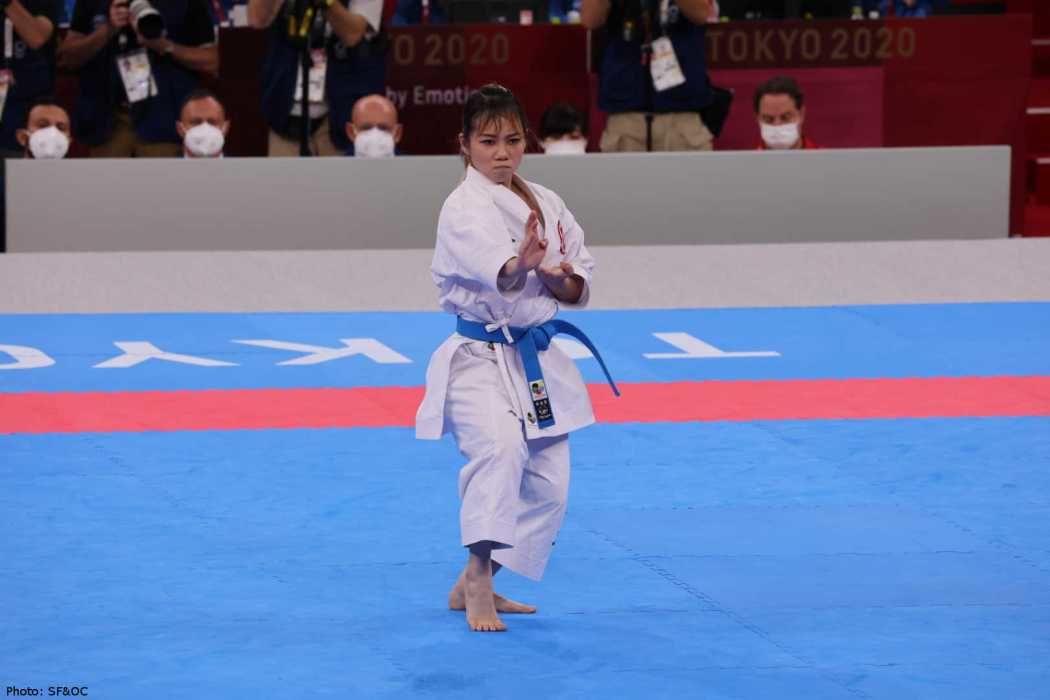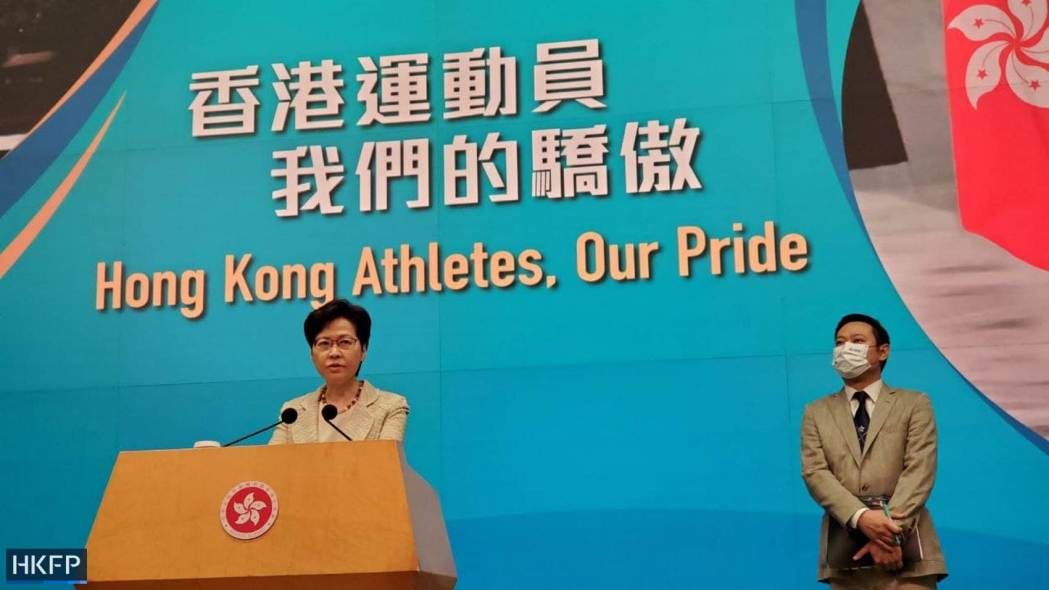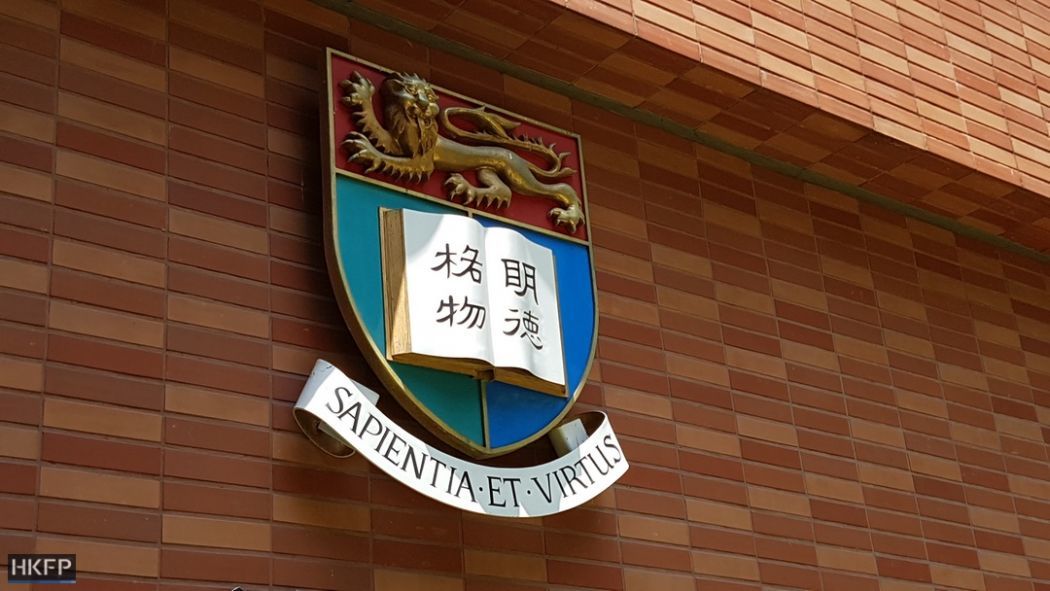Hong Kong News

Hong Kong promises HK$1 billion in sports investment after record Olympic medal haul
Chief Executive Carrie Lam has announced that the government will pour resources into five areas to boost the city’s sports development, as Hong Kong celebrates bringing home a record-breaking six Olympic medals at the Tokyo games.
The funding injections will include HK$1.1 billion for the city’s official professional sports training institution, and a sports fund managed the the Hong Kong Jockey Club.
 Grace Lau won a bronze medal at the women’s solo kata event at the 2021
Tokyo Olympics. Photo: Sports Federation and Olympic Committee of Hong
Kong, China.
Grace Lau won a bronze medal at the women’s solo kata event at the 2021
Tokyo Olympics. Photo: Sports Federation and Olympic Committee of Hong
Kong, China.
The government will fast-track the construction of a new facilities building at the Hong Kong Sports Institute in Sha Tin, which will include an expanded fencing facility, new sports science and sports medicine centres as well as additional residences for athletes, Lam announced at a routine press briefing on Tuesday morning.
The Home Affairs Bureau will expedite its application for HK$990 million from the legislature before October. It will ensure funding is secured to bring forward the completion of the Sha Tin facility by two years – to June 2024 – just ahead of the Paris Summer Olympics.
Expedited construction
All six Hong Kong medallists this year had trained at the sports institute, a government-subsidised professional training institution dedicated to sport elites. Current funding given to the institute rose from HK$520 million between 2017-2018 to HK$737 million this year, Lam said.

“Their achievements today are not a coincidence. Of course, the athlete’s hard work, and their sports schools, coaches and the support from their families were key to their success, but the government had also in the past decade looked seriously into sports development, in making it accessible and also elite,” Lam said.
In his budget last February, Financial Secretary Paul Chan vowed to increase subventions to the city’s 60 national sports associations and the Sports Federation and Olympic Committee of Hong Kong. They were set to rise from HK$300 million to more than HK$500 million a year, in addition to other non-current spending on sports.
‘Booster fund’
The government will also create a joint “booster fund” with the Hong Kong Jockey Club Charities Trust totalling HK$300 million, Lam announced. The fund will finance studies in sports sciences and sports medicine and to help furnish the Hong Kong Sports Institute with the latest training equipment in order to prepare athletes for the Hangzhou Asian Games, the Paris games and other world championships. University researchers are also welcome to propose studies based on big data or artificial intelligence that could help enhance Hong Kong athlete’s performance, she added.
The chief executive added that the HAB will work with the Education Bureau to look into having more sports training in schools, and to facilitate schools’ use of government sports facilities wherever needed.
Lam said the administration will also request universities in Hong Kong to provide more flexible class arrangements to athletes in professional sports training. A sports fund set up in 1996 — when Hong Kong windsurfer Lee Lai-shan scored the city’s first medal — will offer scholarships to athletes who are training and attending university at the same time.
She will also request that the Home Affairs Department study the development of professions in the sports industry, such as facility managers, judges, sports administration and sciences.
Admission to HKU
Following Lam’s announcement, the University of Hong Kong said it will award a total of HK$500,000 in scholarships to outstanding student athletes through its sports scholarship scheme and – starting from the next academic year – will directly admit top athletes through a new admission scheme with sports achievements as its main entry criteria.
 The University of Hong Kong.
The University of Hong Kong.
The university will also award HK$100,000 to each of its three current students who competed at the Olympics this year – fencer Ryan Choi, triathlon athlete Oscar Coggins and windsurfer Hayley Chan, a spokesperson said in a statement.











